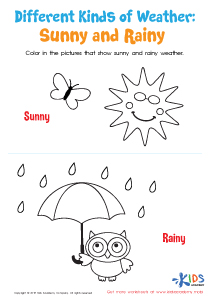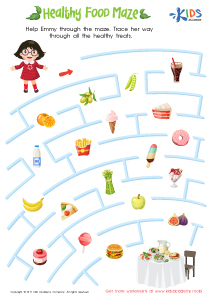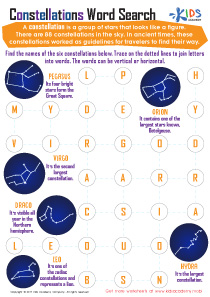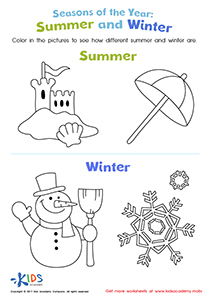Easy Life Science Worksheets for Ages 3-6
5 filtered results
-
From - To
Discover a world of wonder with our Easy Life Science Worksheets for Ages 3-6! Designed to spark curiosity and introduce young minds to the basics of life science, our engaging worksheets make learning fun and interactive. Each activity is crafted to be developmentally appropriate, offering colorful visuals and simple experiments that enhance understanding. Ideal for preschool and kindergarten-aged children, these worksheets cover topics such as plants, animals, and the human body. Perfect for both home and classroom settings, they encourage exploration and critical thinking. Set your little ones on a path of discovery with our easy-to-follow life science worksheets!
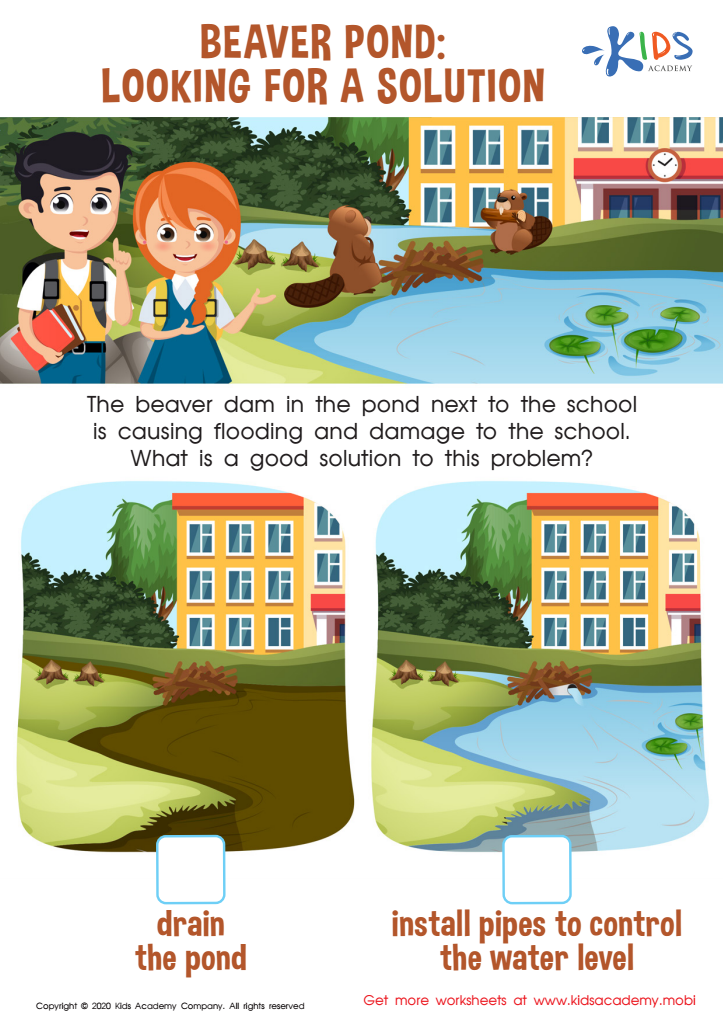

Beaver Pond: Looking for a Solution Worksheet
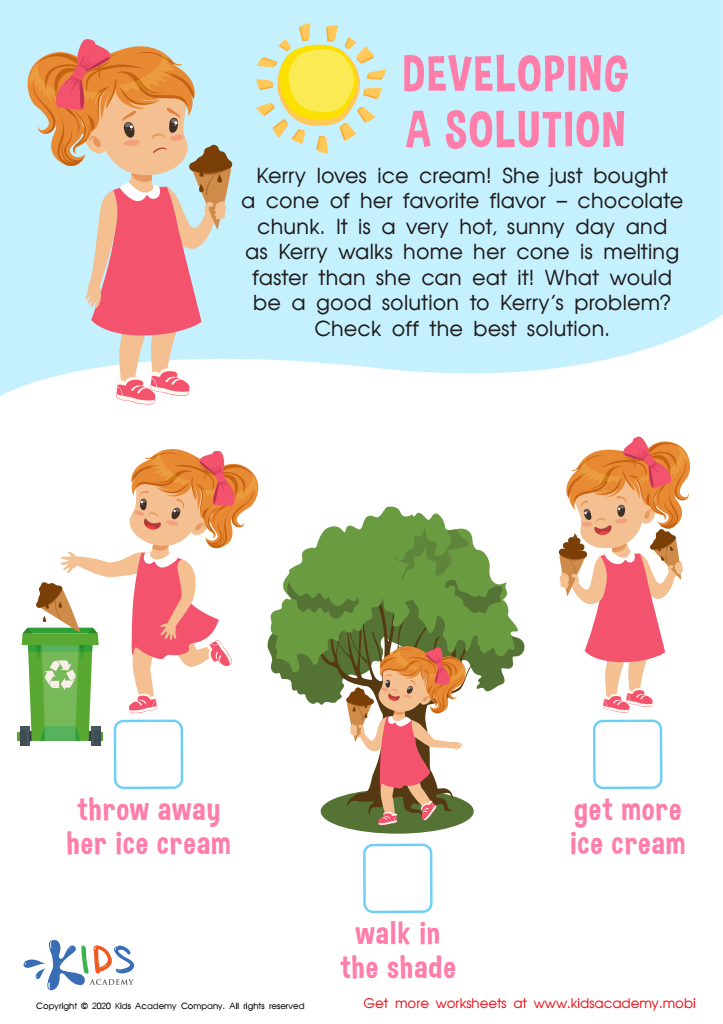

Developing Solution Worksheet
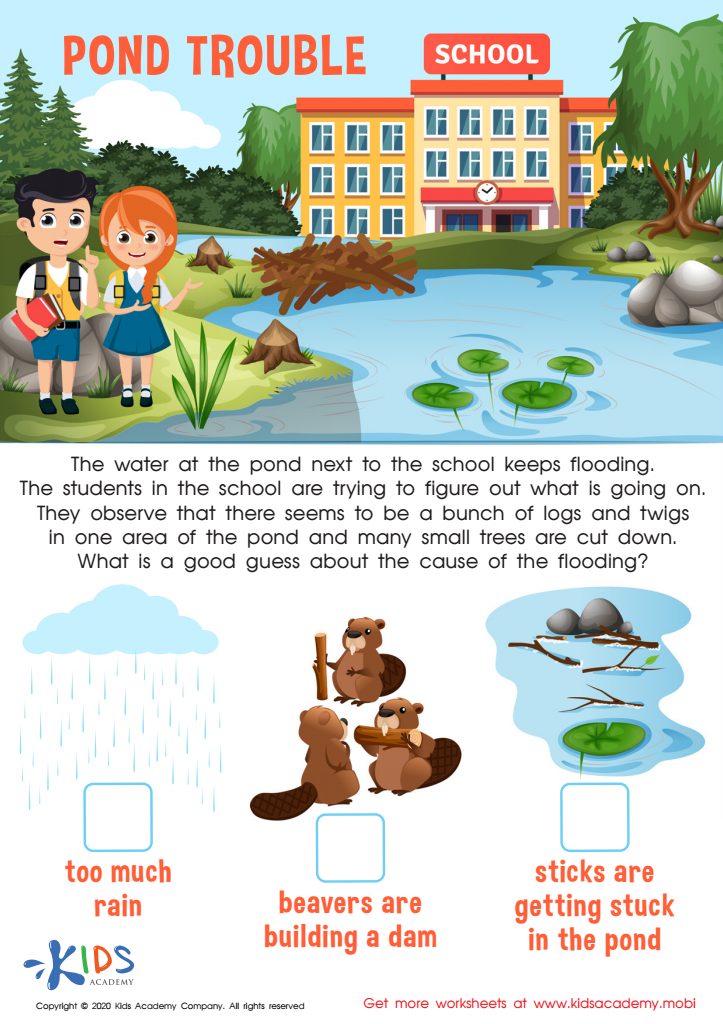

Pond Trouble Worksheet
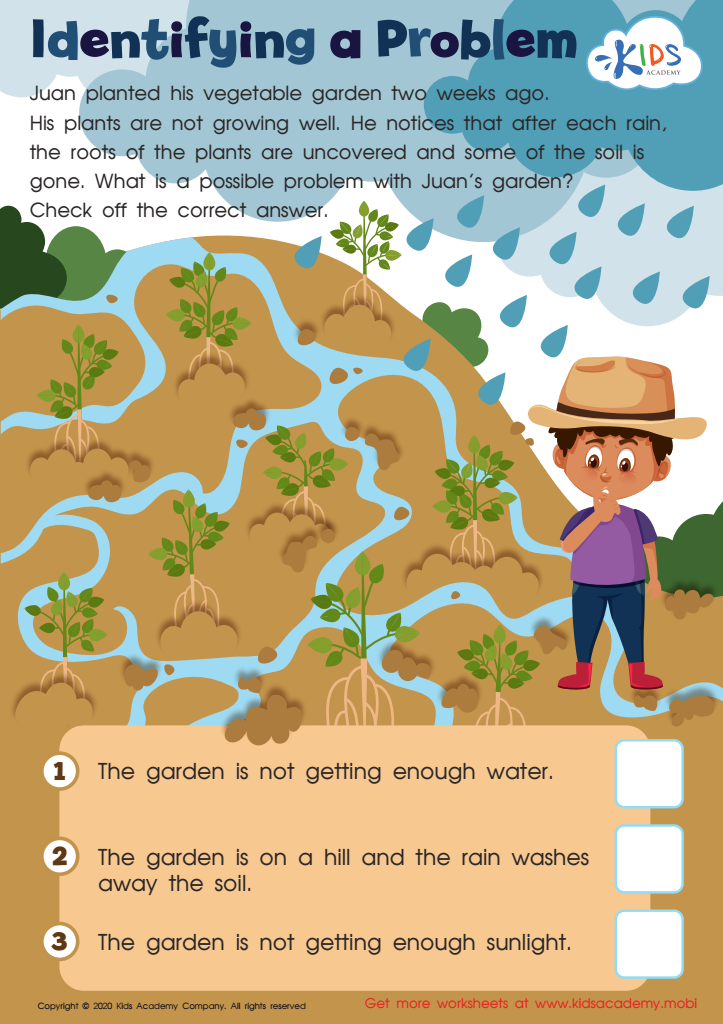

Identifying a Problem Worksheet
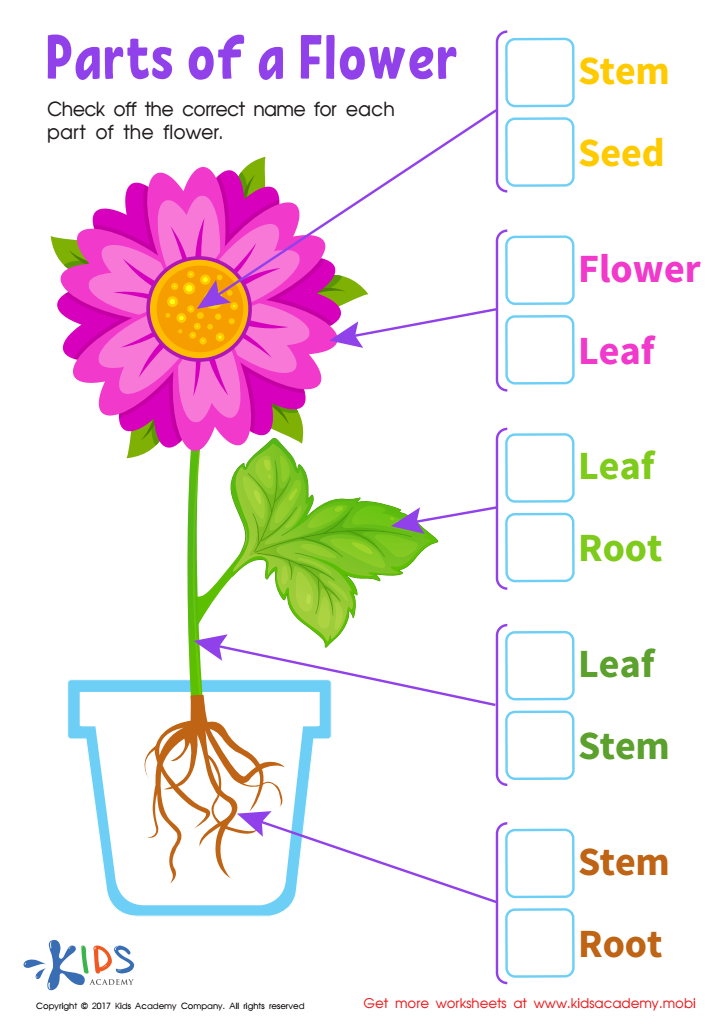

Parts Flower Printable
Introducing kids to Easy Life Science at ages 3-6 lays a strong foundation for lifelong curiosity and learning. At this young age, children are naturally inquisitive and eager to explore the world around them. By feeding this curiosity, parents and teachers can foster a love of learning that endures. Simple life science concepts teach kids about their environment, the plants, and animals they interact with, and basic bodily functions, making everyday experiences more meaningful.
Moreover, engaging with life science encourages critical thinking and problem-solving skills. For example, observing how plants grow or understanding the basics of animal behavior helps kids develop observation and inquiry skills. These activities are often hands-on, making learning fun and memorable.
Caring about Easy Life Science also promotes empathy and responsibility. For instance, learning how plants need water to survive or how animals defend themselves allows children to develop a sense of stewardship for nature. Understanding biology better shapes healthier habits too, like knowing why eating vegetables is important or how exercise affects our bodies.
Lastly, it prepares children for future academic challenges. As schools increasingly emphasize STEM education, an early acquaintance with life science can make the transition to more complex topics smoother, setting kids up for greater academic success down the road.

 Assign to the classroom
Assign to the classroom
.jpg)





